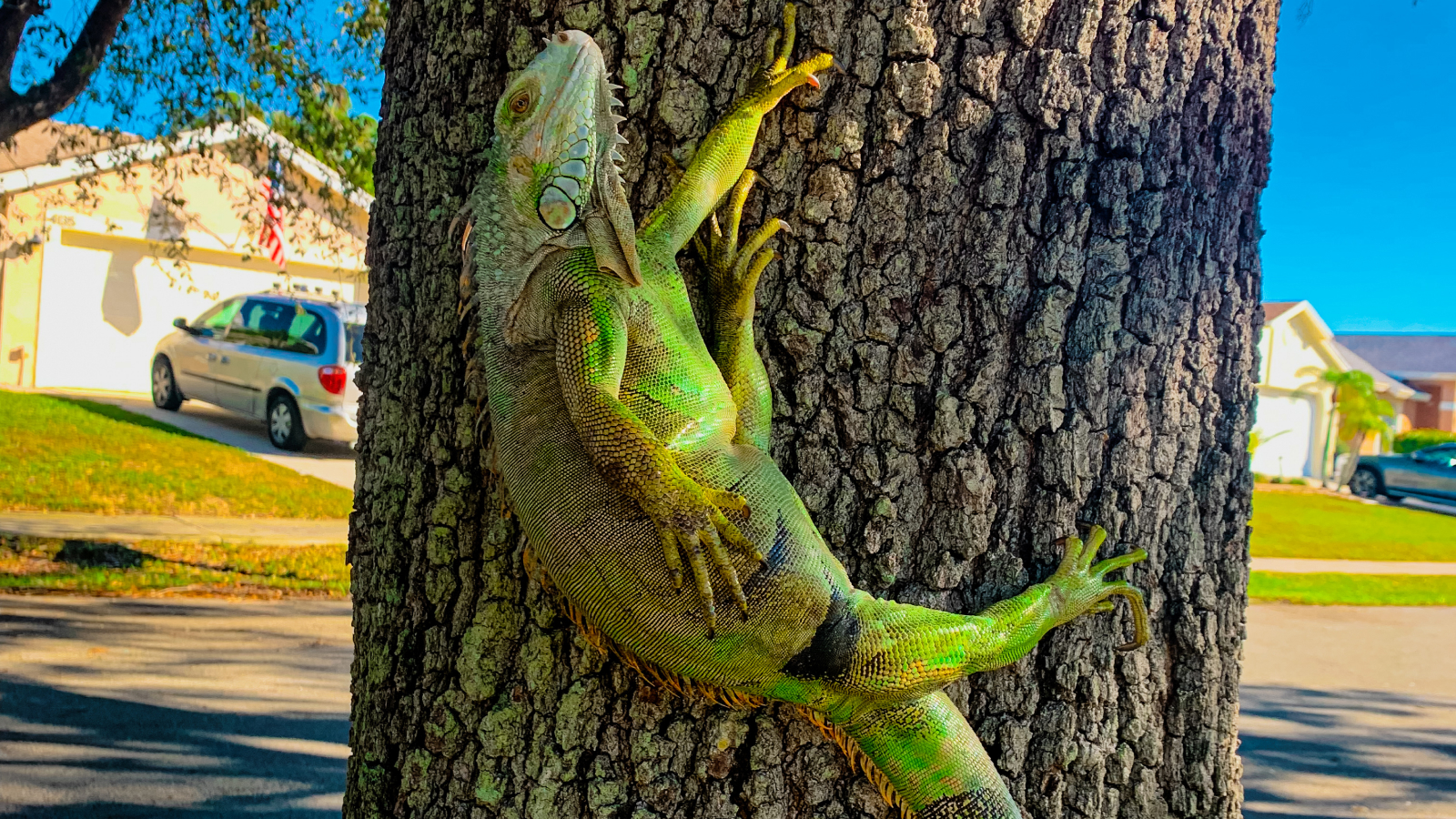Plants, Vol. 12, Pages 660: Triazoles and Strobilurin Mixture Affects Soil Microbial Community and Incidences of Wheat Diseases
Plants doi: 10.3390/plants12030660
Authors: Anastasia V. Vasilchenko Darya V. Poshvina Mikhail V. Semenov Vyacheslav N. Timofeev Alexandr V. Iashnikov Artyom A. Stepanov Arina N. Pervushina Alexey S. Vasilchenko
Pesticides are widely used in agriculture as a pest control strategy. Despite the benefits of pesticides on crop yields, the persistence of chemical residues in soil has an unintended impact on non-targeted microorganisms. In the present study, we evaluated the potential adverse effects of a mixture of fungicides (difenoconazole, epoxiconazole, and kresoxim-methyl) on soil fungal and bacterial communities, as well as the manifestation of wheat diseases. In the fungicide-treated soil, the Shannon indices of both fungal and bacterial communities decreased, whereas the Chao1 indices did not differ compared to the control soil. Among bacterial taxa, the relative abundances of Arthrobacter and Sphingomonas increased in fungicide-treated soil due to their ability to utilize fungicides and other toxic compounds. Rhizopus and plant-beneficial Chaetomium were the dominant fungal genera, with their prevalence increasing by 2–4 times in the fungicide-treated soil. The genus Fusarium, which includes phytopathogenic species, which are notably responsible for root rot, was the most abundant taxon in each of the two conditions but its relative abundance was two times lower in fungicide-treated soils, consistent with a lower level of disease incidence in plants. The prediction of metabolic pathways revealed that the soil bacterial community had a high potential for degrading various pollutants, and the soil fungal community was in a state of recovery after the application of quinone outside inhibitor (QoI) fungicides. Fungicide-treated soil was characterized by an increase in soil microbial carbon, compared with the control soil. Collectively, the obtained results suggest that the application of difenoconazole, epoxiconazole, and kresoxim-methyl is an effective approach for pest control that does not pose a hazard for the soil ecosystem in the short term. However, it is necessary to carry out additional sampling to take into account the spatio-temporal impact of this fungicide mixture on the functional properties of the soil.

 1 year ago
37
1 year ago
37


